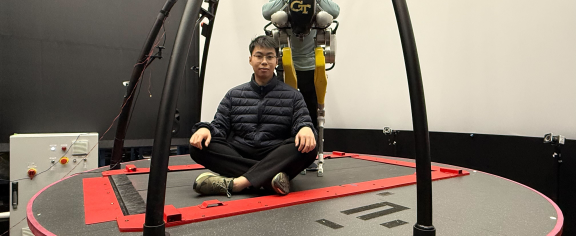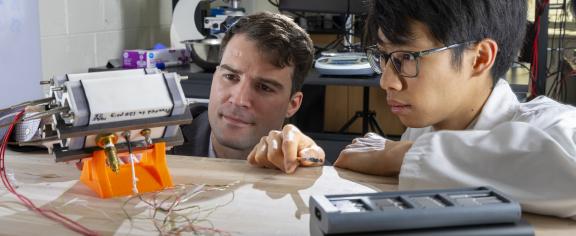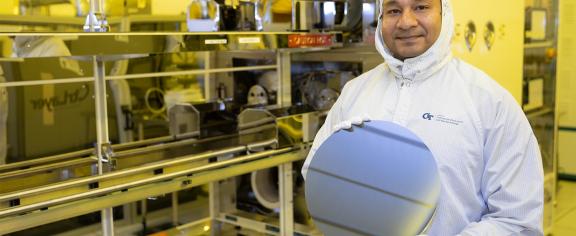2026-02-26
The professors have been recognized for patenting and commercializing technologies with real-world impact.
2026-01-27
A newly discovered vulnerability could allow cybercriminals to silently hijack the artificial intelligence (AI) systems in self-driving cars, raising concerns about the security of autonomous systems increasingly used on public roads.
2026-02-16
Research from Georgia Tech is showing how cracks occur and spread through materials — and how best to prevent them.
2026-01-22
An AI-powered tool is changing how researchers study disasters and how students learn from them.
2026-01-29
Georgia Tech researchers say HPC and artificial intelligence (AI) advances this year are poised to improve how people power their homes, design safer buildings, and travel through cities.
2026-02-18
Georgia Tech researchers have developed a new “thinking” technology for two-legged robots, increasing their balance and agility.
2026-02-12
The National Academy of Inventors (NAI) has ranked Georgia Tech among the top 20 universities worldwide for U.S. utility patents granted in 2025.
2026-02-03
At Georgia Tech, engineers are finding new ways to shrink transistors, make systems more efficient, and design better computers to power technologies not yet imagined.
2026-02-02
Through the startup Skopii, Georgia Tech researchers are translating lab-developed imaging and AI technology into a market-ready platform for faster, more accessible microbial monitoring.
2026-01-16
The Iranian regime’s internet shutdown, initiated on Jan. 8, 2026, has severely diminished the flow of information out of the country.









